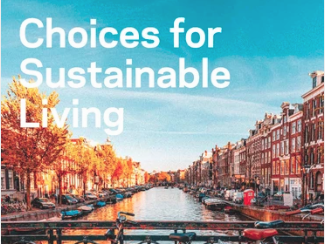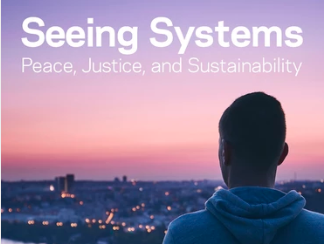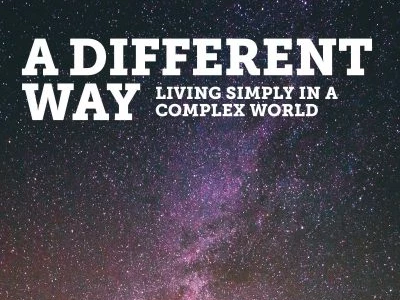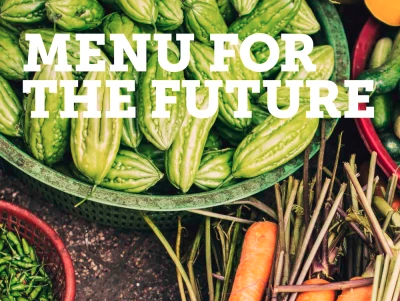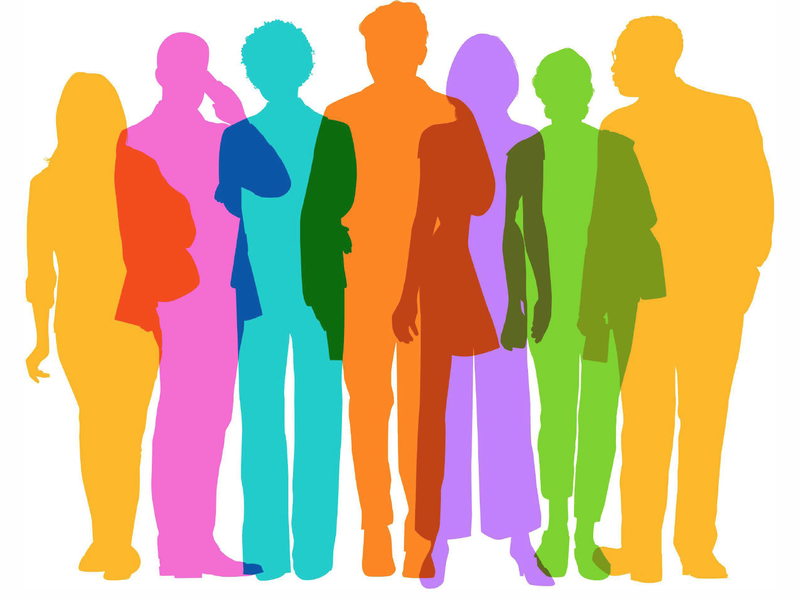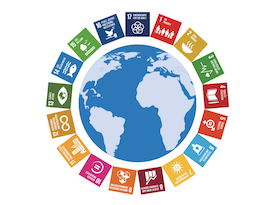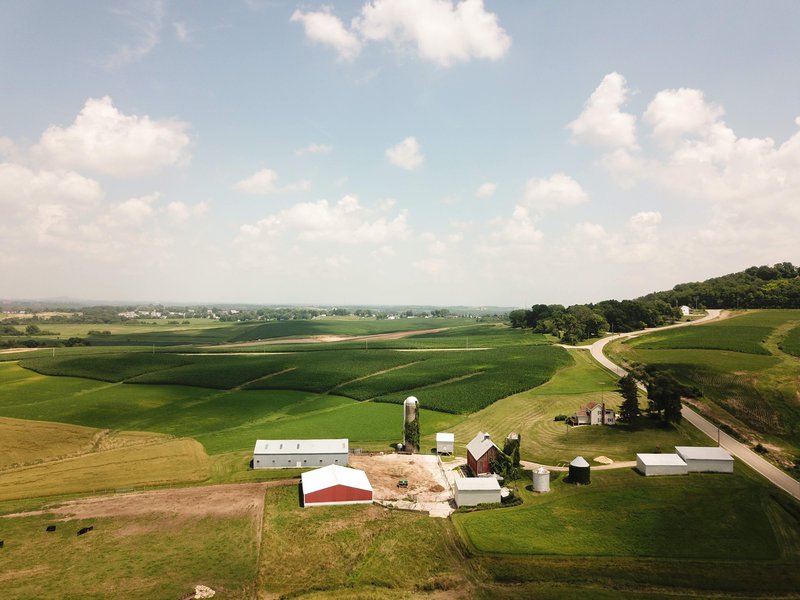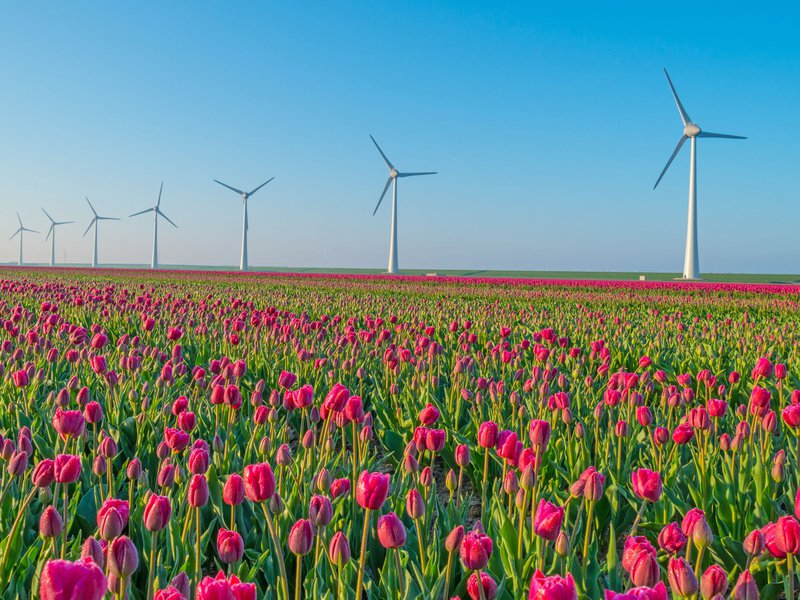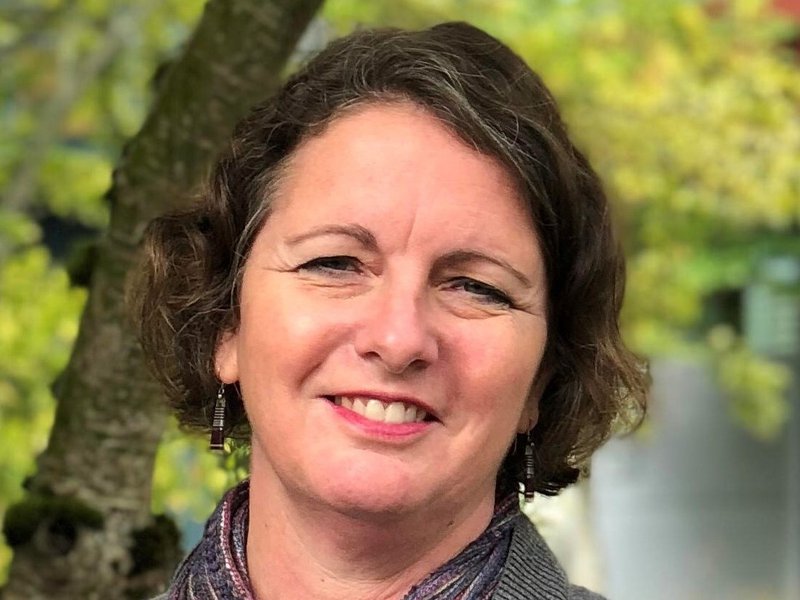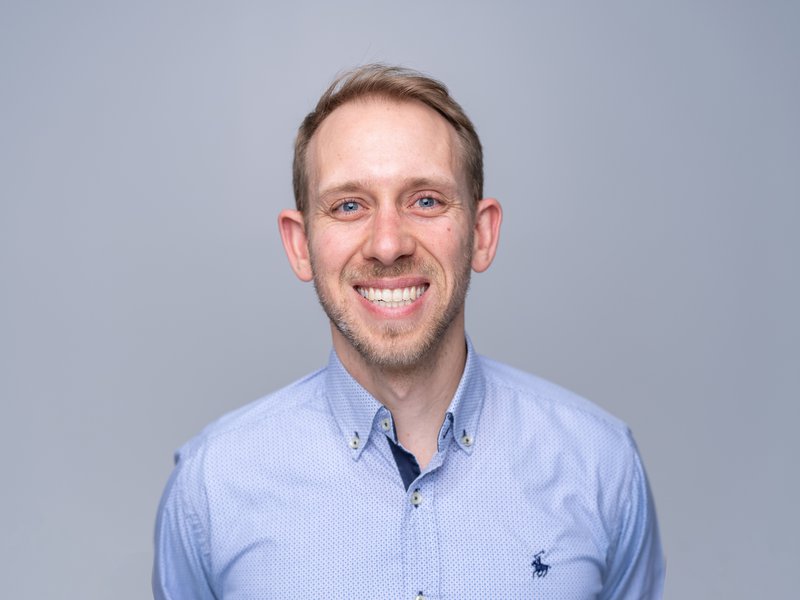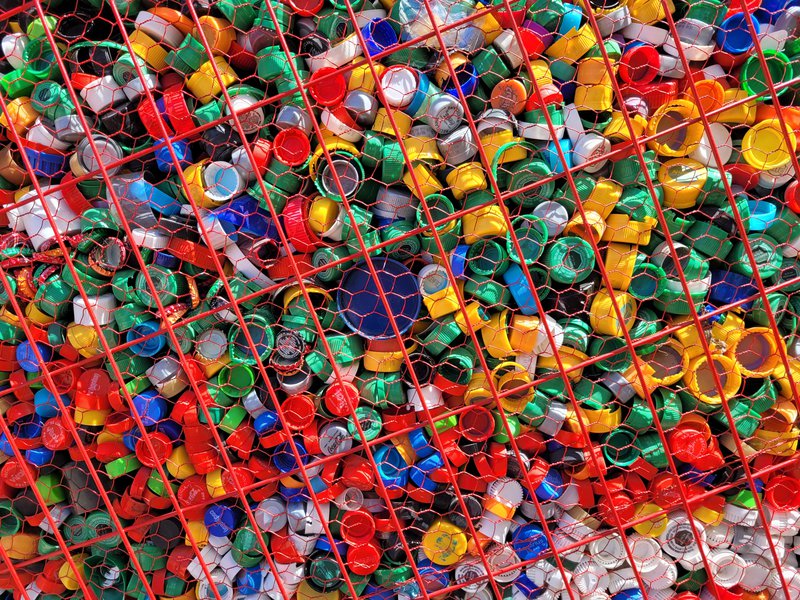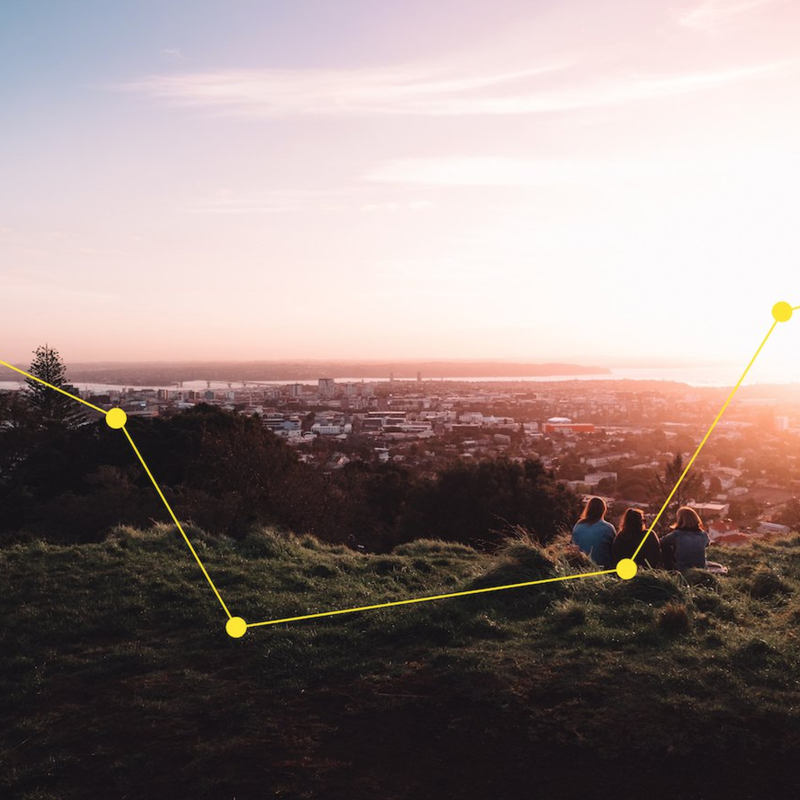

Yes, and…
Connecting the Dots for Climate Solutions
by: Lacy Cagle, Ecochallenge.org

In the human experience, as much connects us as it divides us.
Regardless of the vast differences in our identities and experiences, there are some feelings and experiences that are universal in the human experience — whether it’s rites of passage, moments of profound sadness, or moments of exhilaration and celebration. Deep emotions are often the ones that most remind us of our connections to each other as humans. For example, most human beings can imagine the pain of loss — whether it’s losing our home, our child, or our freedom. We can empathize with each other’s grief and despair, regardless of social status or national identity. And thankfully, we can also empathize with joy and hope — celebrating each other’s successes and finding happiness contagious, even among strangers, and even across species divides.
Separation Is an Illusion
In physical reality as well, separation is an illusion:
- If we were to be able to see the forest from underneath the soil, we would see vast interwoven root systems, with mycorrhizae making even more complex and minute connections among the roots of trees and other flora, allowing trees to share resources and communicate with each other.
- Our solar system, our galaxy, and our universe are all made of bodies drawn together by gravity into orbital dances and connected into clusters.
- Even your body has more microbial DNA in it than it has human DNA in it. That’s right — your body is an ecosystem.
Together, the communities of our ecosystems and our bodies create the biotic and human communities.
As we have learned more about these natural connections, nature has offered us new metaphors — not machine or computer metaphors, but living systems metaphors and models that give us new understanding of the world and all of her connections.
Everything that exists is really no more a physical “thing” than it is a web of connections, of relationships. Forests, our solar system, and human beings are in reality complex ecosystems of relationships.
Relationships are the essential pattern of the universe.
The Divisions We Do Face
This is not to trivialize the differences and divisions we do face.
The world seems full of fear right now. And for many good reasons. In 2018, we learned from the IPCC that we have only 12 (now 11! soon 10!) years to act in order to keep global warming under 1.5 degrees C, which is necessary to limit cataclysmic events around the world. Already, every new day brings news and images of catastrophic storms and fires, flooding, and droughts, in addition to rising unrest and mass shootings. People are divided in all kinds of ways — the wealth and wage gap is widening here in the U.S.; political polarization has been weaponized around the world to lead to totalitarian leaders and nationalist uprisings; and many laws that safeguarded human rights, ecosystem integrity, and natural resources are being eroded and overturned.
Climate change — and its impacts — is such a wicked problem because it is simultaneously a global problem and a local problem. As such, it needs both global solutions and local solutions.
People feel more and more isolated from each other, even though in many ways our well-being is more and more connected in this globalized world. Many politicians, people who benefit from chaos, and people who benefit from the status quo divide others for their own benefit — they manipulate our feeling that the world isn’t the way it should be to make us blame and hate each other instead of working together to change the way things are. Disagreement and diversity of opinion is essential to a healthy democracy, but our disagreements tend to polarize us instead of helping us find ways to move forward that benefit everyone.
Lately, those of us who care about the environment, social equity, and just systems often focus on ways to resist. And resistance is important. Resisting unjust laws, the normalization of prejudice and hate speech, and authoritarian regimes are all essential in preserving our humanity and our hope for a better world. But an ‘us versus them’ message does not get us to the critical mass needed to make the significant changes required to position us on the road to equity, sustainability, and peace.
We need a new way of seeing things to change the way we do things.
We also need to offer opportunity to do things differently for those who see things differently.
Yes, and…
There is no miracle cure to any of these pervasive, complex, and connected problems. Climate change — and its impacts — is such a wicked problem because it is simultaneously a global problem and a local problem. As such, it needs both global solutions and local solutions. No one person, country, or industry can figure out a solution on its own. We need to understand and leverage our relationships in order to find, implement, and assess solutions to all of these problems. We need to work together.
Solving climate change and other sustainability problems requires a “yes, and…” approach.
In 2017, The Guardian published a damning article by Martin Lukacs titled Neoliberalism Has Conned Us into Fighting Climate Change as Individuals. The headline gives you a sense of the article’s content: Lukacs claims we’re pretty much wasting our time with individual lifestyle changes when we should be putting our energy into fighting neoliberalism’s “trademark policies of privatization, deregulation, tax cuts and free trade deals.”
Because of relationships, individual actions evolve into larger impacts by affecting the perceptions and decisions of those around us.
While the article’s tone was a bit cynical, it also proved enlightening and useful for conversation about real solutions. Lukacs is correct that focusing on individual responsibility can distract from the giant corporations really responsible for the overwhelming amount of humanity’s waste, pollution, and environmental degradation. For example, any good sustainability practitioner can tell you about how Keep America Beautiful’s anti-littering campaigns are funded by large corporations actively engaged in anti-environmental lobbying; Keep America Beautiful benefits corporations by promoting the idea that consumers should be responsible for waste and litter, instead of the responsibility falling on the corporations producing the disposable packaging in the first place.
I also agree with his powerful statement that “individual choices will most count when the economic system can provide viable, environmental options for everyone — not just an affluent or intrepid few.” It is a matter of both justice and sustainability that we make healthy, environmentally-friendly options the easiest and most accessible options for everyone.
Yes, and…
Discounting individual actions like Lukacs and others have done is short-sighted, because it ignores the social norming effect that happens when trends in behavior shift. Individual action alone is absolutely not enough to make the changes needed. But changing social norms could and does have huge impact. Because of relationships, individual actions evolve into larger impacts by affecting the perceptions and decisions of those around us. People change everyday behaviors like using less energy or eating plant-based diets and large-impact one-time behaviors like installing solar panels based upon the actions of the people around them. Businesses respond to changing trends in customer values and demand. And, regulatory laws are passed only after there is large public demand for them, leading politicians to feel politically protected in passing them.
Large, complex systems require multiple interventions at various levels to change, and to change more quickly. For example, Project Drawdown has mapped, measured, and modeled 80 solutions that already exist which can reasonably be scaled to decrease greenhouse gases in the atmosphere. Their recommendations are wide-ranging, and if put into effect, could lead to technology implementation, policy creation, new legislation, broad behavior change, and infrastructure redesign — a yes, and… approach. According to Rare’s Report Changing Behaviors to Reduce U.S. Emissions, which built upon research by Project Drawdown and others, increasing adoption of each of just seven identified individual behaviors by 10% of the people among relevant populations could reduce the projected gap to delivering the U.S. commitment under the Paris Agreement by 80%.
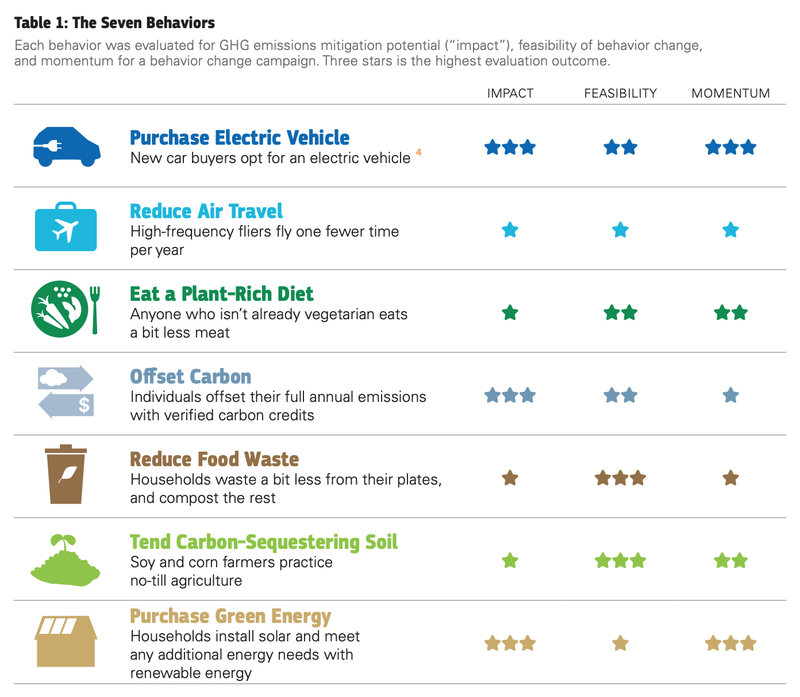
Rare and California Environmental Associates. (2019).
Changing Behaviors to Reduce U.S. Emissions: Seven
Pathways to Achieve Climate Impact.
Telling people they shouldn’t bother with individual lifestyle changes because they should be focusing on pushing corporations and governments to make changes is akin to the U.S. saying we shouldn’t bother with reducing our greenhouse gas emissions because China’s are larger. We need activists and leaders to push businesses, corporations, and governments to make change. But, discounting individual lifestyle changes leaves out the vast majority of the world’s population who might not be able to speak in front of heads of state but can make a difference in their own lives and communities.
Yes, and…
Even though individual behavior change isn’t enough to ‘solve’ climate change on its own, pro-environmental behavior change does make people’s lives better, leads to healthier and more engaged communities, supports local economies, and generally leads to better outcomes for human and ecosystem well-being.
And, what more can you do, and who are you going to bring along with you? Yes, we absolutely need individual behavior change. And, we need complex systems change at the same time.
Ecochallenge.org: Connecting the Dots
That’s the work we do at Ecochallenge.org: yes, and… We connect people to what’s on the other side of those dots, over and over again.
- We connect people to pathways for action to reduce their negative impact and amplify their positive impact. We lead people from inspiration to action. We know that our problems can’t be solved by individual action alone, but they also can’t be solved without individual action. We nurture the conditions for individual behavior change to lead to larger culture change: Yes, you changed your lightbulbs. And, what’s next? Yes, you stood up for environmental justice. And, how do you get your peers to stand with you? Yes, you took the bus instead of your car. And, how do you work for infrastructure change so that public transit is a realistic option for everyone in your city?
- We help people see their connections to the systems that affect us all. We focus on how an individual can influence a system by encouraging both their agency and autonomy. And our messaging is not individual-centric — we value the individual within a collective. Through a “yes, and…” approach, our work connects individuals to the larger system.
- We connect people to each other. People sometimes need to be reminded that they are not alone. There are many other people who care about the things they care about. We help people remember the deep, meaningful things they have in common, or discover them for the first time.
The “yes, and…” approach is simultaneously supportive and challenging. Yes, we affirm your choices, your efforts, your values. And, what more can you do, and who are you going to bring along with you? Yes, we absolutely need individual behavior change. And, we need complex systems change at the same time.
The “yes, and…” approach connects the dots to make sense of the larger picture, to help us better understand each other, and to create holistic solutions that help us address climate change while also creating a better world.
Climate change, just like any other vast and complex problem, doesn’t require an either/or answer. It requires us to keep saying, and living, “yes, and…”
Lacy Cagle is a sustainability educator and editor who specializes in transformative learning, behavior change, and leadership for change. As Director of Learning at Ecochallenge.org, her work helps thousands of people each year take action toward a more sustainable world.

we write our emails to you with a lot of care and intention.
sign up to know about upcoming ecochallenges, impacts and insights, sustainability resources, and inspiration.
